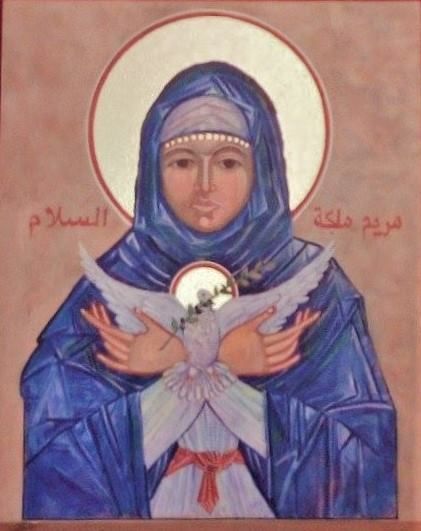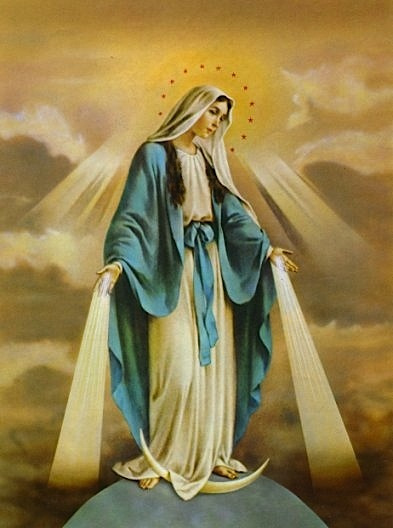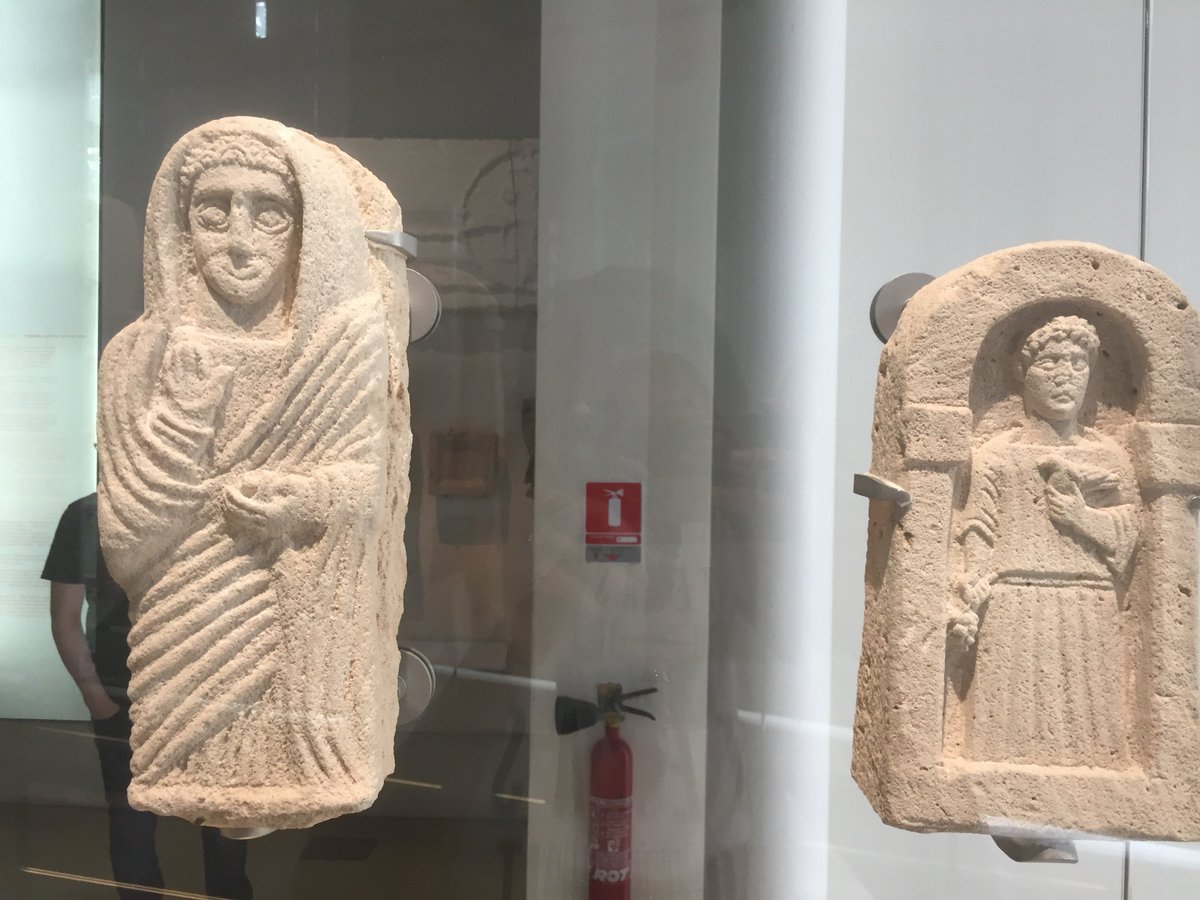Here is brief philology & technical examination following my earlier thread
Consider a [A] ‘standard Muslim’ trans. (M. Asad), [B] ‘Christian revision’ (C. Luxenburg)—both knew Syriac!— & [C] mine
Luxenberg takes laylat al-qadr in verse 1 to be a translation of Syriac “night of fate” (leyla d-helqa; ܠܝܠܐ ܕܚܠܩܐ) or “horoscope” (bet yalda; ܒܝܬ ܝܠܕܐ; ...
uh.academia.edu/EmranElBadawi



















